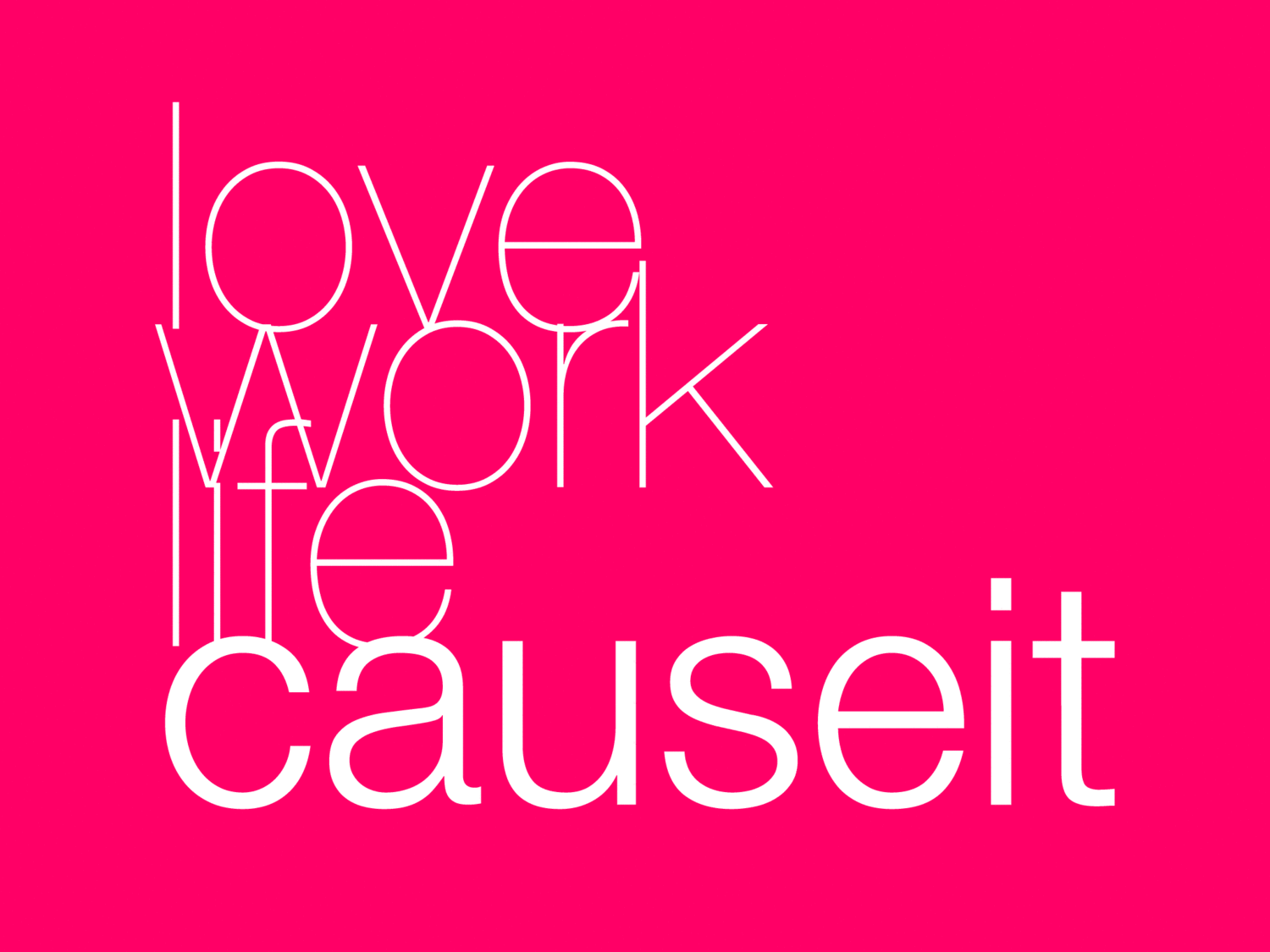What happens if the line between the human being and its technology is no longer distinguishable?
The move to integrate tech into our bodies and daily experiences is complete, and the shift now moves towards extending and exporting ourselves into our digital environment—for example, uploading our minds into the cloud.
At the post-human stage we’ll be dealing with pervasive artificial intelligence, major existential crises, fundamental paradigm shifts, and more questions about economic upheaval, bodies, and human beings in general.
Now we get to the things that we’re seeing in our science fiction films and books right now, what we might call the Post-Human Age, or Singularity, in which the line between humans and tech is no longer distinguishable. While its feasibility is heavily debated, the Singularity concept is researched enough to be worth consideration. Championed and explored most prominently by the work of futurist, author, engineer and inventor Ray Kurzweil, whom Google hired in 2013 as their Director of Engineering to work on machine learning and language processing, the Singularity poses major challenges to the fundamental conception of being human. At this point we’ll be dealing with pervasive artificial intelligence, major existential crises, fundamental paradigm shifts, and more questions about economic upheaval, bodies, and human beings in general. The move to integrate tech into our bodies and daily experiences is complete, and the shift now moves towards extending and exporting ourselves into our digital environment—for example, uploading our minds into the cloud.
We’ll be dealing with such complexity of emotion and systems that we’ll become reliant on intuitive information about the future, because the machine can predict things faster than our human consciousness could, and what is “human” has been redefined—or deprecated—to the same conceptual space traditionally occupied by “primate” or “ape”. Intelligence becomes largely separable from the body, and the term “human” changes meaning to include non-biological systems and devices which are not even confined to our physical forms. With the reality of sentient AI’s comes the need for experts and services to support their health and regulate their role in society, such as AI immunologists who address the impact of digital viruses on sentient digital consciousness and AI law enforcement to handle the risk of criminal activity which happens at speeds and levels of complexity which make it impossible for “human” police to track or intercept.
Tensions of the Post-Human Age
What is “human”?
Should robots do all the work?
Emergent Roles of the Post-Human Age
AI Immunologist
AI Counselor
- AI Policewoman
Characteristics of the Post-Human Age
Intuitive information about the future
“Human” has been redefined, deprecated, or put in the same place we relegate apes
- Intelligence largely separable from bodies

